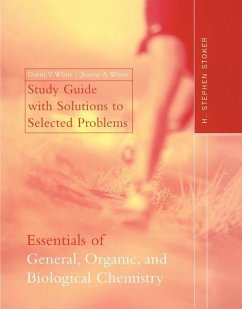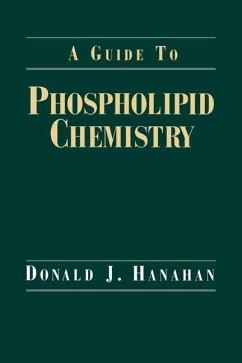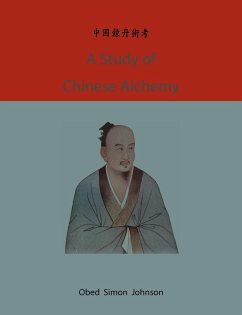
A study of Chinese alchemy
Versandkostenfrei!
Versandfertig in 1-2 Wochen
24,99 €
inkl. MwSt.

PAYBACK Punkte
12 °P sammeln!
Reprint. Paperback.156p. In China as elsewhere, alchemy is a doctrine aiming to afford an understanding of the principles underlying the formation and functioning of the cosmos. The alchemist overcomes the limits of individuality, and ascends to higher states of being; he becomes, in Chinese terms, a zhenren or Authentic Man. Chinese alchemy went through a complex and not yet entirely understood development along its twenty centuries of documented history. The two main traditions are conventionally known as waidan or "external alchemy" and neidan or "internal alchemy". The bulk of the Chinese ...
Reprint. Paperback.156p. In China as elsewhere, alchemy is a doctrine aiming to afford an understanding of the principles underlying the formation and functioning of the cosmos. The alchemist overcomes the limits of individuality, and ascends to higher states of being; he becomes, in Chinese terms, a zhenren or Authentic Man. Chinese alchemy went through a complex and not yet entirely understood development along its twenty centuries of documented history. The two main traditions are conventionally known as waidan or "external alchemy" and neidan or "internal alchemy". The bulk of the Chinese alchemical sources is found in the Daozang (Taoist Canon), the largest collection of Taoist texts. The cosmos as we know it is conceived of as the final stage in a series of spontaneous transmutations stemming from original non-existence. This process entails the apparent separation of primeval Unity into the two complementary principles, yin and yang. Their re-union generates the cosmos. When the process is completed, the cosmos is subject to the laws of cosmology. The alchemist's task is to retrace this process backwards. Alchemy, whether "external" or "internal," providessupport to the adept, leading one to the point when, as some texts put it, "Heaven spontaneously reveals its secrets." Its practice must be performed under the close supervision of a master, who provides the "oral instructions" (koujue) necessary to an understanding of the processes that the adept performs with minerals and metals, or undergoes within himself. Modern study of the alchemical literature began in the present century, after the Canon was reprinted and made widely available in 1926. Johnson's work, originally published in 1928, remains one of the full book length treatises in English on the subject.



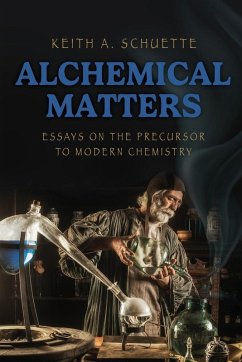
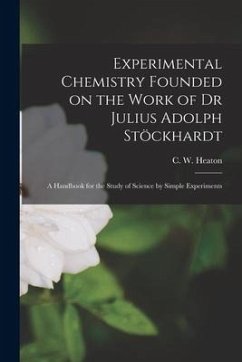
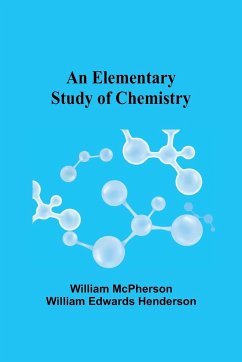
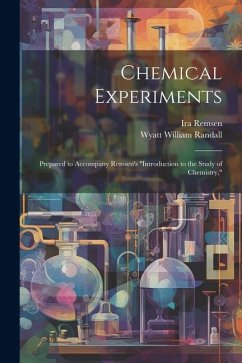


![An Introduction to the Study of Biological Chemistry [microform] Cover An Introduction to the Study of Biological Chemistry [microform]](https://bilder.buecher.de/produkte/65/65542/65542978n.jpg)
